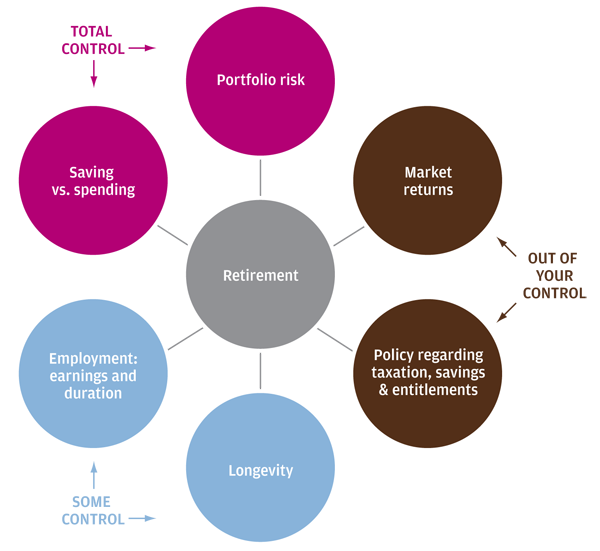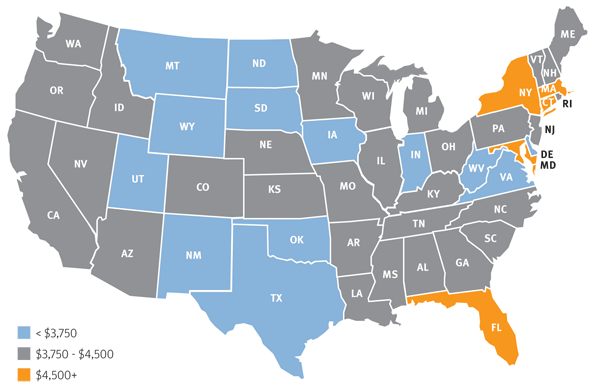In November 2010, Charles Schwab acquired the assets and intellectual property of Winward Investment Management (now operating under the name Windhaven Investment Management). In doing so, Schwab now offers the three Windhaven money manager strategies to its retail clients, providing a distinct approach to investing for growth and risk management.
The Windhaven strategies have grown in popularity since Schwab’s acquisition, though many investors may be unsure of how each strategy differs in its approach.1
Which of the Windhaven Investment Management strategies is right for you?











